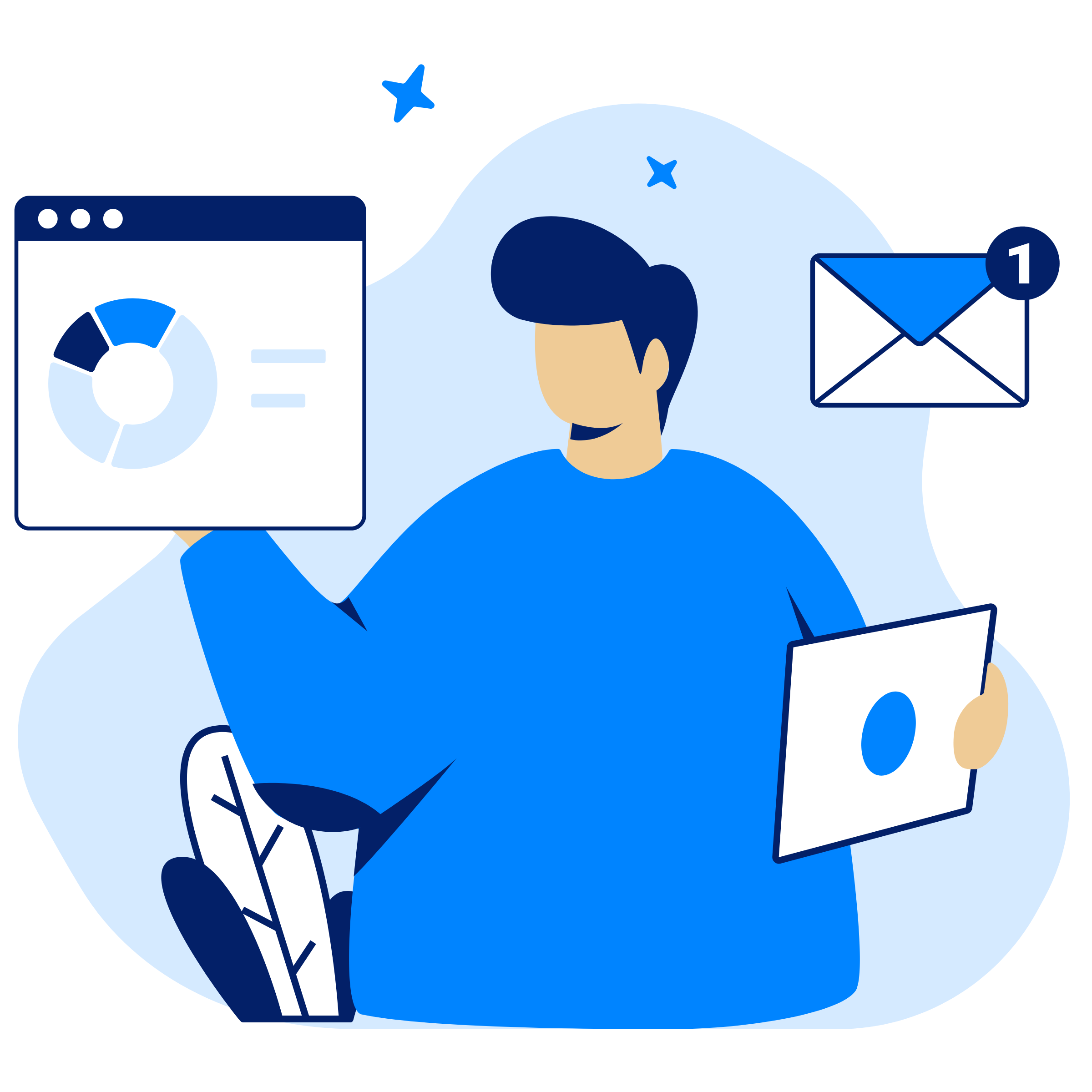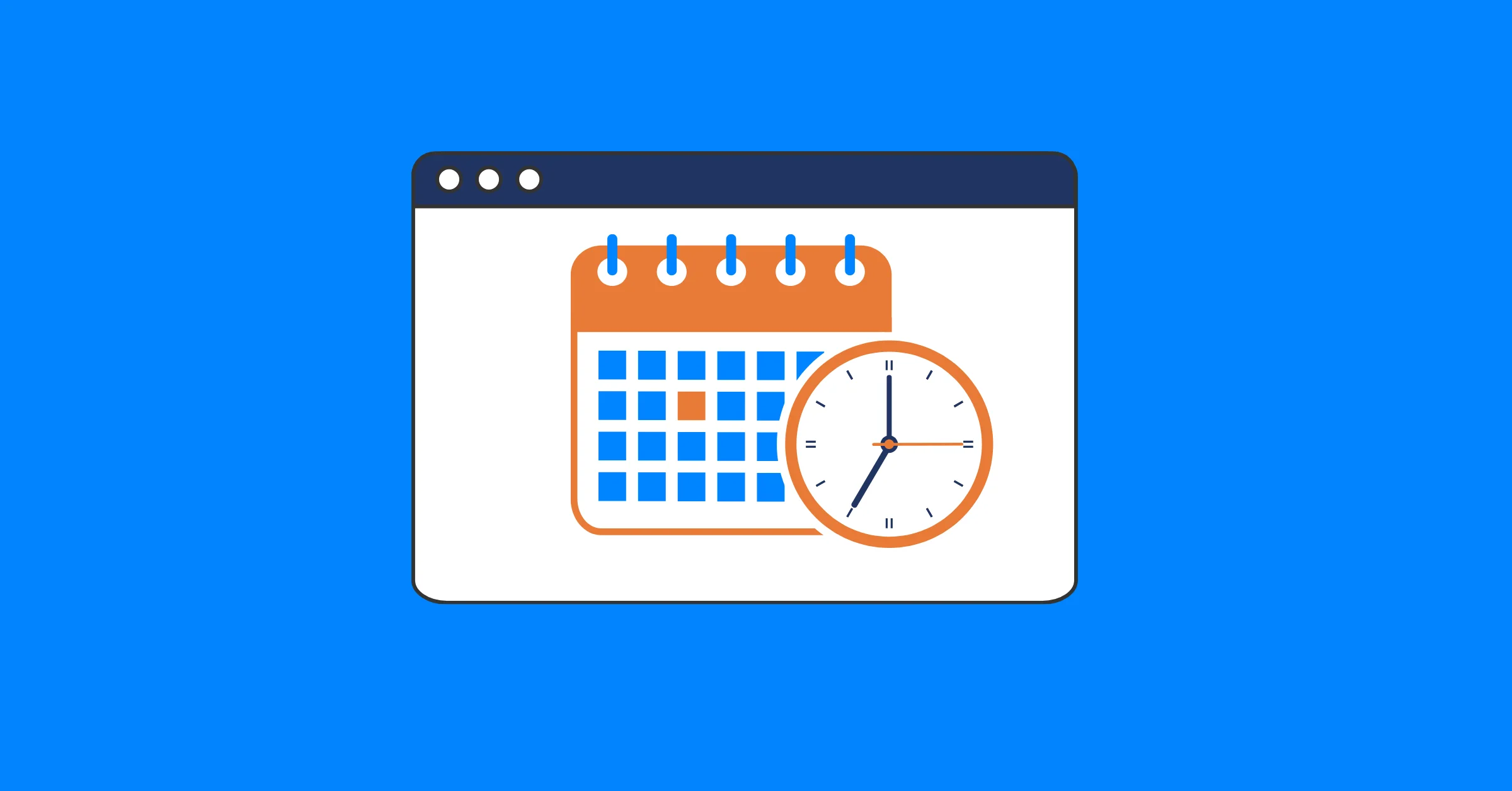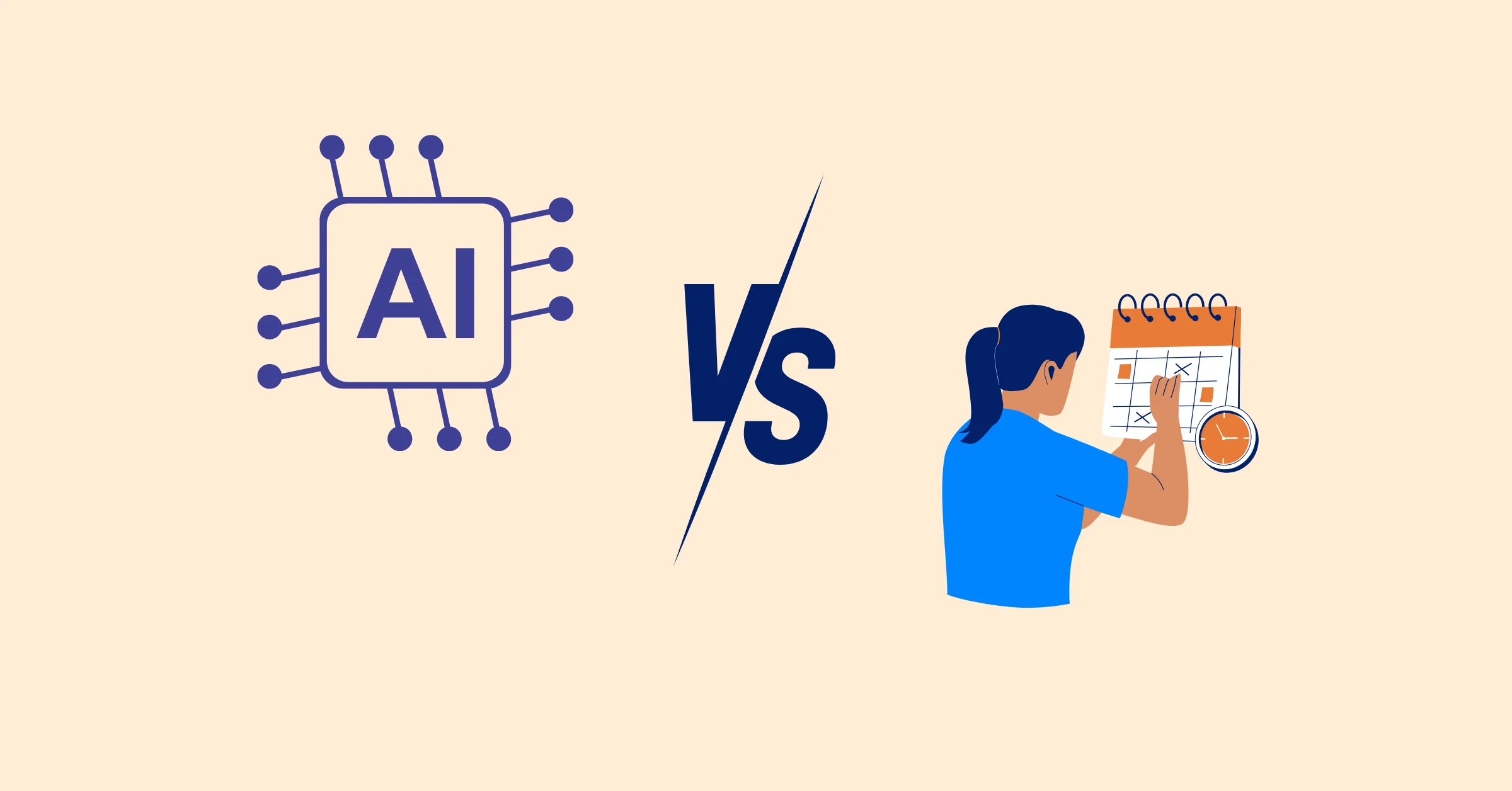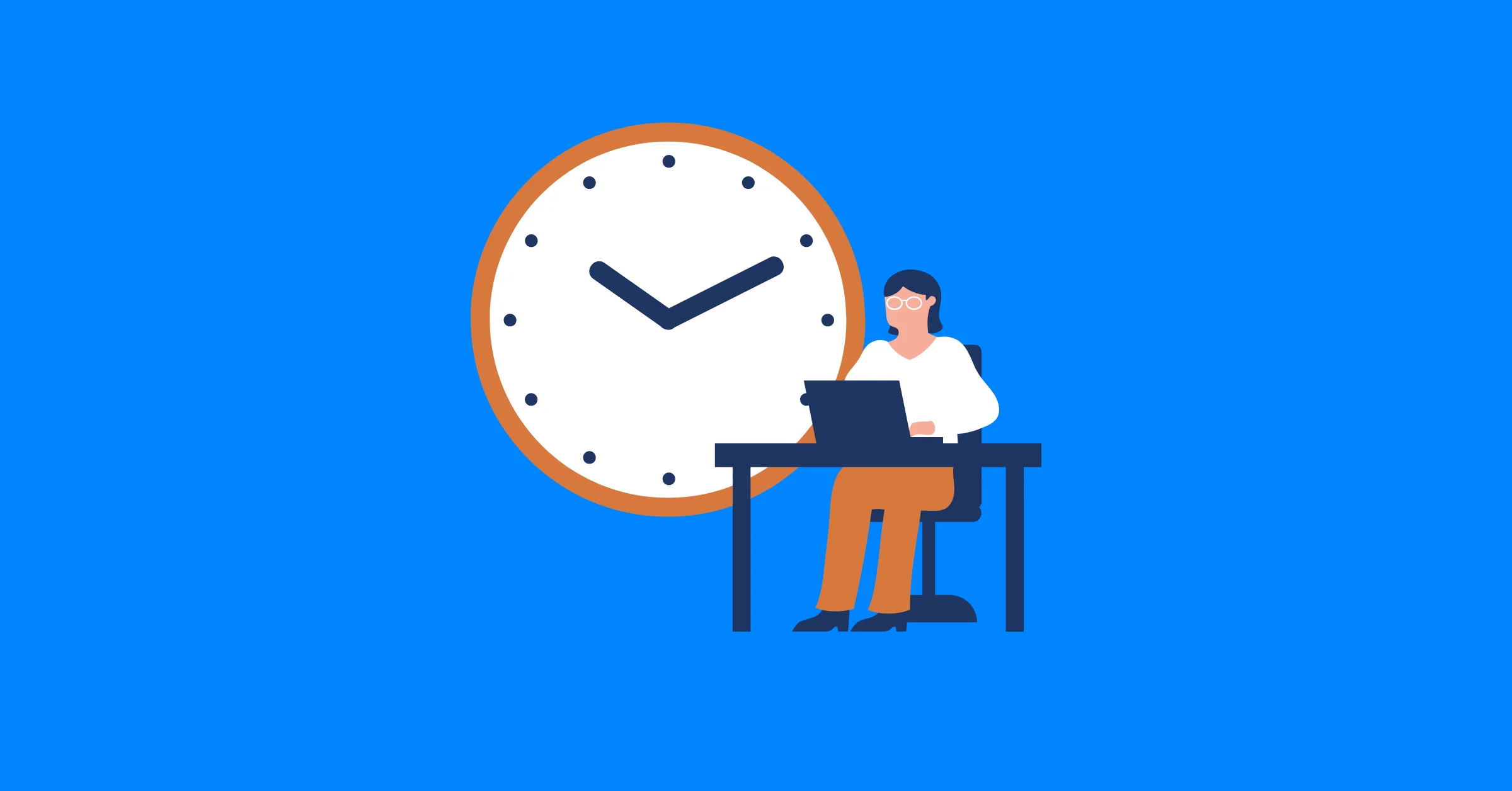How to Choose the Right Construction Time Tracking App for Your Team
Discover how to choose the perfect construction time tracking app to boost project efficiency, control costs, and ensure compliance with this comprehensive guide.
Selecting the right construction time tracking app can transform how your team handles time management, controls costs, and enhances project time tracking for construction projects. Construction sites are complex, with labor, materials, equipment, and tight deadlines requiring precise coordination. A well-selected tool brings clarity, ensuring your team stays on schedule and your business remains profitable. With numerous options available, how do you pick the app that best fits your needs?
This comprehensive guide offers a practical approach to selecting a construction time tracking app. It covers essential features, evaluation steps, why TaskFord is a top choice, and implementation strategies tailored for construction teams.
Why Construction Time Tracking Matters
Effective time tracking is the backbone of successful construction projects. It ensures projects stay on time, within budget, and compliant with regulations. Here’s why it’s critical:
- Prevents Cost Overruns and Delays: Accurate tracking identifies tasks consuming excessive hours, allowing you to reallocate labor and avoid budget overruns or schedule slips, which can harm client relationships and profitability.
- Improves Resource Management: Visibility into time allocation helps optimize labor across job sites, ensuring critical tasks are prioritized and projects are completed efficiently.
- Ensures Regulatory Compliance: Tracking overtime, breaks, and wage rates complies with the laws to ensure fair working environement. Non-compliance risks fines or legal disputes, especially for public-sector projects.
- Reduces Errors from Manual Methods: Paper timesheets or spreadsheets are prone to mistakes, leading to payroll disputes or inaccurate job costing. A digital app automates data collection, saving time and improving accuracy.
- Supports Transparent Billing: Detailed time records justify costs to clients, building trust and strengthening your reputation for reliability and professionalism.
- Frees Up Time for Strategic Focus: By reducing administrative tasks, a digital solution allows your team to concentrate on building quality projects and planning future growth.
A tool aligned with your needs optimizes time management, enhances project time tracking, improves cost control, and ensures compliance, giving your business a competitive edge.
Key Features to Look for in a Construction Time Tracking App
Not all time tracking apps are suited for construction’s unique demands. Generic tools often lack the functionality needed for field teams and job sites. Below are essential features to prioritize, tailored for apps like TaskFord that operate without cloud-based access or direct payroll/accounting integrations:
- Local Software Support for Reliable Operations: Construction teams often work in areas with unreliable internet. Locally installed software ensures time tracking functions without internet dependency. Managers can log and review hours from an office computer or on-site laptop, ideal for firms prioritizing local data storage for security.
- Customizable User Permissions for Data Security: Construction projects involve workers, supervisors, and office staff with distinct roles. Customizable user permissions control who can view, edit, or approve time entries. Role assignments, like “employee” for logging hours or “manager” for approving timesheets, ensure accountability and protect sensitive data, crucial for project time tracking.
- Project and Task-Specific Time Tracking: Construction projects span phases like excavation or framing. Tracking time against specific projects, tasks, or cost codes provides insights into labor costs and inefficiencies, keeping phases within budget. This is vital for contractors needing accurate job costing.
- Manual Data Export for Flexible Uses: Many firms prefer manual data export for process control. Exporting time data in CSV or Excel formats allows import into payroll or accounting software, accommodating standalone systems or custom processes.
- Detailed Reporting and Analytics for Insights: Customizable reports on labor hours, project costs, and productivity deliver actionable insights. Exportable in PDF or Excel, these reports facilitate sharing with clients or accountants and help adjust plans to keep projects on track.
- Compliance with Labor Regulations: Construction firms face strict laws regarding fair pay, working hours and safety. Accurate tracking of overtime, breaks, and wage rates, plus audit-ready reports, ensures compliance, especially for public-sector projects where penalties are significant.
- User-Friendly Interface for Easy Adoption: A straightforward interface with minimal training needs is essential. Testing the app during a free trial ensures accessibility for supervisors and field crews, promoting consistent use and reducing resistance.
Steps to Choose the Right Construction Time Tracking App
![]()
Step 1: Identify Your Business Needs
Pinpoint pain points, like inaccurate timesheets, manual data entry, or lack of cost visibility. List must-have features, such as local software or manual data export, and prioritize them based on operational impact. Consider team size, project complexity, and budget constraints. For example, small firms may focus on affordability, while larger ones need advanced reporting for multiple sites.
Step 2: Research and Compare Options
Explore construction-focused apps like TaskFord or other desktop-based tools. Read reviews on platforms like Capterra or G2 for insights from other firms. Shortlist three to five apps, comparing features, pricing, and scalability to align with long-term goals. Check user feedback for real-world performance in construction settings.
Step 3: Test with a Free Trial
Use free trials to test the app with your team. Have a group log hours, track tasks, and generate reports. Gather feedback on usability, performance, and compatibility with your processes. Ensure local software and export capabilities meet your needs, and test how the app handles multiple projects or user roles.
Step 4: Evaluate Pricing and Scalability
Compare pricing models, calculating costs based on team size and features. Watch for hidden fees, like charges for additional projects or support. Ensure the app scales with your business without significant cost increases. TaskFord’s flexible pricing suits both small and growing teams, offering value without complexity.
Step 5: Involve Your Team
Engage field crews, supervisors, and office staff for feedback on ease of use and feature relevance. Their input ensures smoother adoption and addresses potential challenges early. For instance, workers may highlight usability issues, while managers may focus on reporting capabilities.
Step 6: Check Customer Support and Updates
Choose apps with responsive support via phone, email, or chat. Confirm regular updates for bug fixes and new features. TaskFord’s prompt support minimizes disruptions, keeping operations smooth and reliable.
Why TaskFord Stands Out for Construction Time Tracking
![]()
TaskFord is a leading choice for construction teams seeking a reliable, user-friendly time tracking app. Designed for construction needs, it simplifies project time tracking and resource management without cloud-based systems or direct payroll integrations. Here’s why TaskFord excels:
- Simplified Time Logging: TaskFord makes logging hours and managing timesheets straightforward. Its desktop-based platform suits areas with unreliable internet, allowing supervisors to track hours from an office or on-site laptop with minimal training.
- Project and Task Tracking: TaskFord tracks time against projects, tasks, or cost codes, offering insights into labor costs and progress. Contractors can allocate hours to tasks like framing or plumbing, ensuring accurate job costing for multiple job sites.
- Robust Reporting Tools: TaskFord’s customizable reports provide visibility into productivity and costs. Exportable in CSV or PDF, these reports help identify inefficiencies and share data with clients or accountants.
- Compliance and Data Export: TaskFord ensures compliance by tracking overtime and wage rates, with audit-ready reports for regulations like prevailing wages. Its CSV or Excel data export can be used with payroll or accounting software, offering flexibility.
TaskFord’s simplicity and construction-specific features make it ideal for optimizing time management. User reviews highlight its effectiveness in managing timesheets and project costs, particularly for weekly processes and resource planning.
Implementing Your Chosen Time Tracking App
Effective implementation maximizes your app’s benefits. Follow these best practices to ensure success:
- Train Your Team Thoroughly: Conduct training sessions to teach logging hours, tracking tasks, and submitting timesheets. Provide clear instructions, hands-on practice, and ongoing support to address questions. Tailor training to different roles, ensuring workers and managers understand their tasks. Offer refresher sessions to reinforce learning.
- Establish Clear Policies: Define guidelines for time tracking, including when to log hours, how to assign tasks, and who approves timesheets. Communicate these policies clearly to maintain consistency and compliance with labor regulations. Review policies regularly to address gaps or confusion.
- Monitor and Optimize Performance: Review the app’s performance through reports. Analyze trends, like overtime or delays, to optimize resource allocation and refine processes. For example, spotting excessive hours on a task may prompt reassigning workers or adjusting schedules to stay on budget. Share insights with your team to align efforts.
- Gather Ongoing Feedback: Ask your team for input on usability and effectiveness. Their insights help adjust settings, address challenges, or identify opportunities to enhance functionality. Conduct surveys or informal check-ins to ensure the app meets evolving needs.
Additional Considerations for Construction Teams
Consider your team’s unique challenges when selecting an app. Large firms may prioritize detailed reporting for multiple sites, while smaller contractors may value simplicity. Ensure the app adapts to your processes without requiring major changes.
Long-term support is crucial, as projects can span years. Choose a provider committed to updates and responsive support, like TaskFord. Employee buy-in is key—engage your team early to ensure adoption. Accurate time tracking also supports transparent billing, building client trust.
(We also prepared a list of The Best Construction Project Management Software for other alternatives, including apps like Wrike, Zoho Projects and more)
Conclusion
Choosing the right construction time tracking app requires evaluating your team’s needs and project demands. Prioritizing features like local software, user permissions, and manual data export ensures efficiency and profitability. TaskFord stands out as a reliable, user-friendly option for optimizing time management and project time tracking.
Explore TaskFord’s features or start a free trial to transform your operations. With the right app, you’ll manage projects with confidence and drive your construction business forward.
Learn more
- 5 Project Time Tracking Myths That Are Holding You Back
- How To Use Construction Project Tracking Software to Overcome Schedule Delays
- Key Time Tracking Software Trends To Watch In 2025
Making work simpler,
smarter, and more connected
Join our waitlist and be notified first.

Subscribe for Expert Tips
Unlock expert insights and stay ahead with TaskFord. Sign up now to receive valuable tips, strategies, and updates directly in your inbox.






